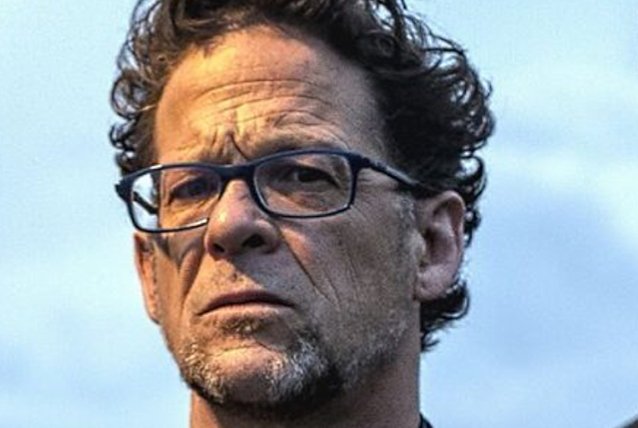Metallican entinen terapeutti Phil Towle: ”Jason Newsted ei halunnut jättää yhtyettä”
Yhdysvaltalaisen thrash metal -suuruus Metallican entinen basisti Jason Newsted jätti yhtyeen vuonna 2001 lukuisten erimielisyyksien seurauksena, ja Newstedin lähtö on dokumentoitu vuonna 2004 ilmestyneessä bändistä kertovassa dokumentissa Some Kind of Monster. Metallica-aiheinen podcast …And Podcast For All! haastatteli hiljattain bändin kanssa vuonna 2001 työskennellyttä terapeuttia Phil Towlea, jonka tavoitteena oli saada Lars Ulrichin, Kirk Hammettin ja James Hetfieldin välit korjattua Jason Newstedin kanssa. Loppujen lopulta Towle ei kuitenkaan onnistunut tehtävässä yrityksistä huolimatta.
Podcastissa kysyttiin Towlelta uskooko hän, että Jason Newsted todella halusi jättää Metallican 20 vuotta sitten, vai oliko kyseessä uhkailu, jolla hän pyrki saamaan muut bändin jäsenet katumapäälle ja sitä kautta rukoilemaan häntä jäämään yhtyeeseen. Towlen mukaan hän itse ei usko, että Jason Newsted todella halusi lähteä pois yhtyeestä, vaan hän halusi saada muiden jäsenten huomion ja sitä kautta tasa-arvoisemman aseman yhtyeessä. Kuitenkin lukuisat eri ristiriidat lopulta johtivat siihen, että Newsted päätti jättää bändin vuonna 2001. Phil Towle vertasi haastattelussa yhtyeen jäsenten välistä kinastelua avioparin tai hyvien ystävien välisiin riitoihin, jotka ovat vaikeita ja aina satuttavat kumpaakin osapuolta. Hän avasi aihetta seuraavasti:
”Have you ever had a fight with your wife? When we’re fighting with our spouses or significant others or good friends or whatever, it’s hard. It’s easy to build up the animosity and the resentment when you’re feeling uncomfortable. And I think that Jason — this is my second-hand knowledge — but I think that Jason, coming off of [late METALLICA bassist] Cliff’s [Burton] reputation and the way that Cliff died so tragically, and that he was so instantly a replacement for Cliff, that he became what the guys would say a ’whipping boy.’ He was the way that they grieved unhealthily. And Jason, because he was so — like anybody else — so grateful to be a part of the band, never felt like he could quite make it. He was hazed to the point where I think it blew because he’d had enough of something. And when we’ve had enough of something, then it’s hard to go to somebody and say, ’Can we sit down and talk about this?’ No. It’s, ’Fuck you.’ It’s a straight head-on… It’s, ’This is what I’m pissed off about.’ So you have to ride that wave out. And because it was stunning, and because the band had certain resentments — the rest of the band had resentments — these are cumulative effects. And the fact that they never talked out — this is what Lars [Ulrich, METALLICA drummer] would say — the whole never really took the time to talk out the issues they were involved in, then this becomes an explosion. Then you have to pick up the pieces of it.
”I don’t think [Jason] wanted to leave the band. I think he wanted to leave the reality of what existed. And this was the only way he could start to do something with it. And that triggered a whole bunch of things. That contributed to ultimately James [Hetfield, METALLICA frontman], months later, going into rehab. It wasn’t the exact fact, but if you look at the overarching life of METALLICA and you see that they were trashing each other in Playboy magazine, in that interview, and you see then a month later they come in, or maybe two months later they come in — January of 2001, I think — and there’s this kind of animosity, that Jason is acting out. He’s the identified patient of the therapy, so he’s acting this act. And then the fight ensued.”
Voit kuunnella mielenkiintoisen haastattelun kokonaisuudessaan tästä:



